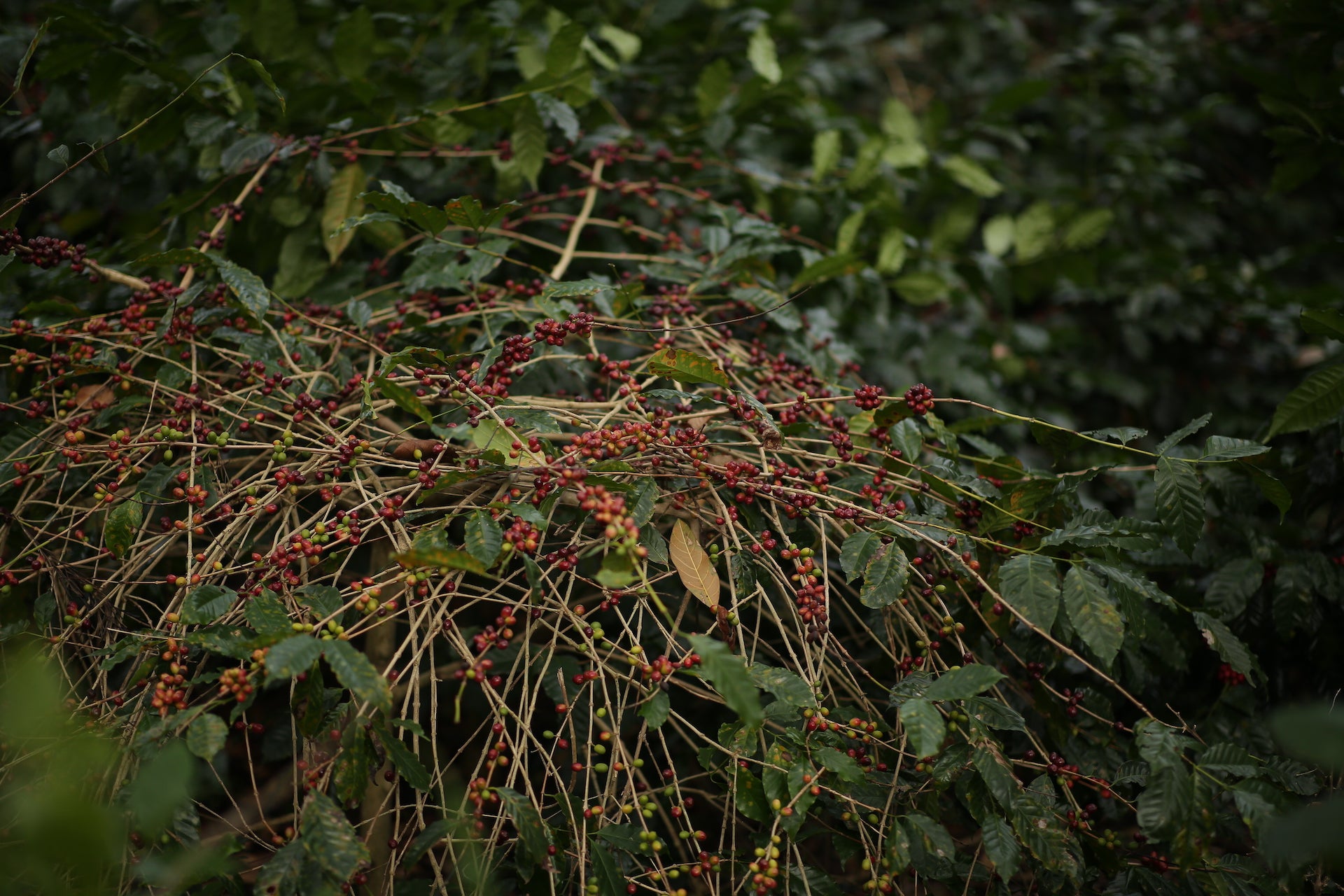Karnataka is located in the south-west of India. The history of coffee cultivation goes back to the myth of the pilgrim Baba Budan. He is said to have travelled through Yemen around 1670 and brought the coffee plant with him to India. Coming from Mecca, he smuggled seven coffee seeds across the border. Seven is considered a sacred number in Islam, which is why Baba Budan's actions are still considered a sacred act today. He planted the first seeds in the Karnataka region, where they thrived excellently. The Bababudangiri mountain range is still an important coffee-growing region in India. The coffees grown here are not only considered rarities, but also the most complex and finest Arabica coffees in India. Their flavours are strongly influenced by the surrounding flora and fauna: spices such as pepper, vanilla and cardamom, but also orange trees provide great spicy notes.




